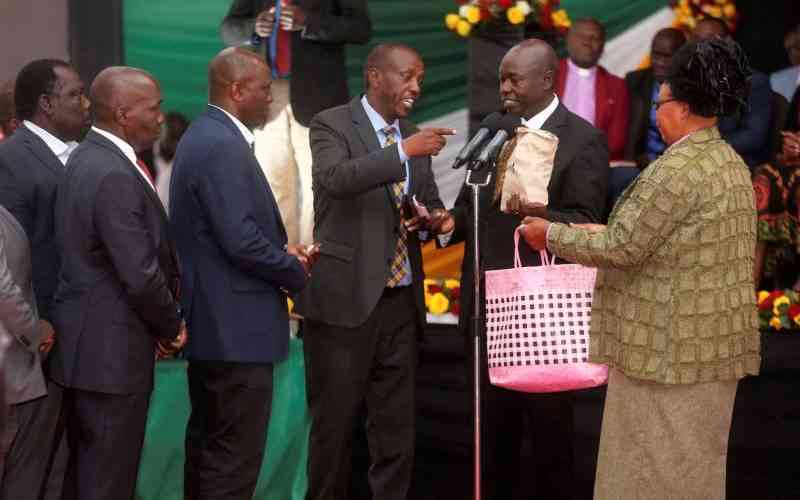×
The Standard e-Paper
Fearless, Trusted News

Last month, Deputy President Rigathi Gachagua presided over a harambee to contribute money for the funeral and burial expenses of 53 Kenyans who lost their lives in a road accident at Londiani in Kericho County.
It was a worthy course that should have been celebrated had claims not emerged later that the money meant for the victims had been embezzled by county government officers.